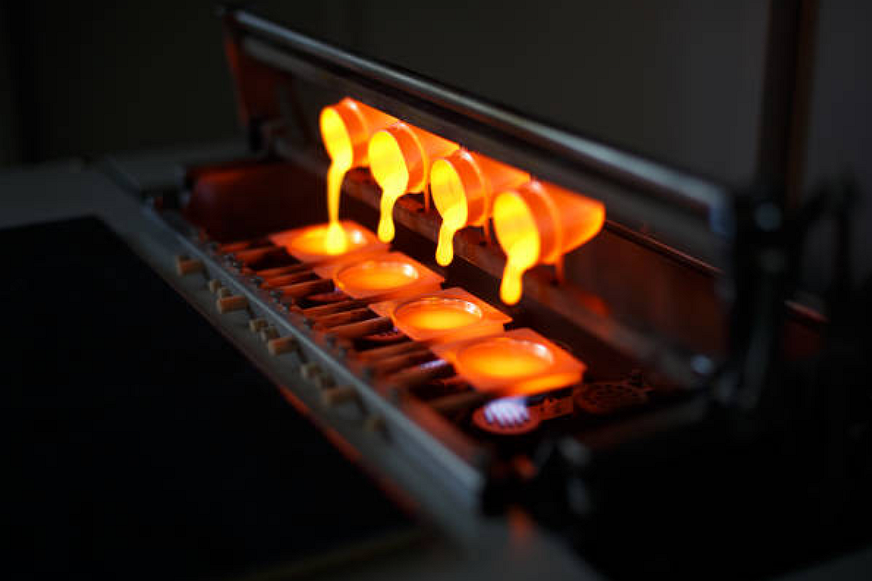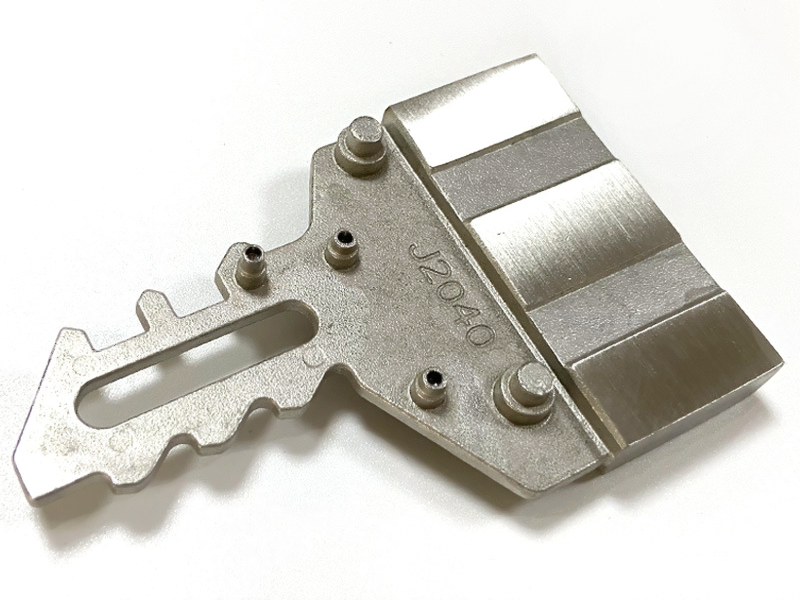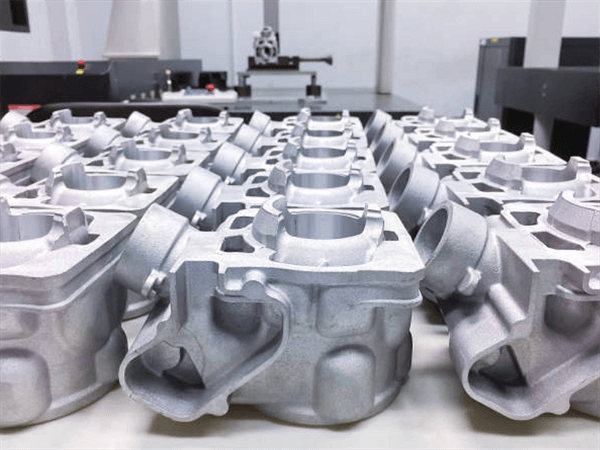What types of industries use gravity casting for custom metal parts?
What Types of Industries Use Gravity Casting for Custom Metal Parts?
Automotive and Transportation
The automotive industry frequently relies on gravity casting for aluminum parts that require structural strength and moderate complexity, such as engine blocks, oil pans, suspension arms, and transmission housings. Alloys like A356 and ADC12 provide good wear resistance and castability. Gravity casting supports tighter tolerances and better mechanical properties than sand casting, making it ideal for mid- to high-performance components.
Aerospace and Aviation
In the aerospace sector, gravity casting is used for non-critical structural parts, housings, and support frames where lightweight performance and low porosity are important. Aluminum castings offer a favorable strength-to-weight ratio and dimensional precision with fewer defects compared to die casting for thicker sections.
Energy and Power Generation
Energy applications benefit from gravity casting for components exposed to high temperatures or fluid flow, such as turbine covers, impellers, and pump housings. Gravity-cast aluminum or copper-based parts provide thermal conductivity and corrosion resistance, often enhanced by post-treatments like anodizing or heat treatment.
Agricultural and Heavy Equipment
Gravity casting is used to produce rugged, wear-resistant parts for industrial machinery and agricultural equipment, such as gearboxes, bearing housings, and motor covers. The process supports moderate complexity, large part dimensions, and thicker walls, ideal for load-bearing mechanical parts.
Lighting and Electrical Housings
Manufacturers of lighting components and electrical enclosures often select gravity casting for its ability to produce aluminum housings with complex contours, integrated mounting features, and good surface finish. The method allows heat-dissipating features and EMI shielding to be cast directly into the structure.
Manufacturing Services for Custom Gravity Cast Components
Neway provides full-service gravity casting solutions, including aluminum alloy selection, custom mold design, and CNC post-machining to meet industry-specific standards. With over 20 years of casting expertise, ±0.01mm precision, and global fulfillment, we support efficient production for automotive, aerospace, and industrial clients.



